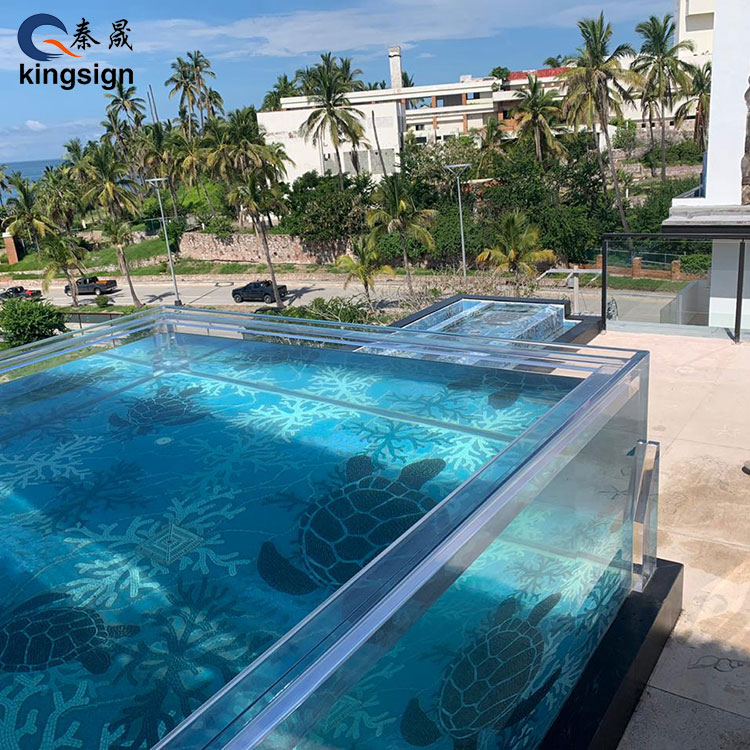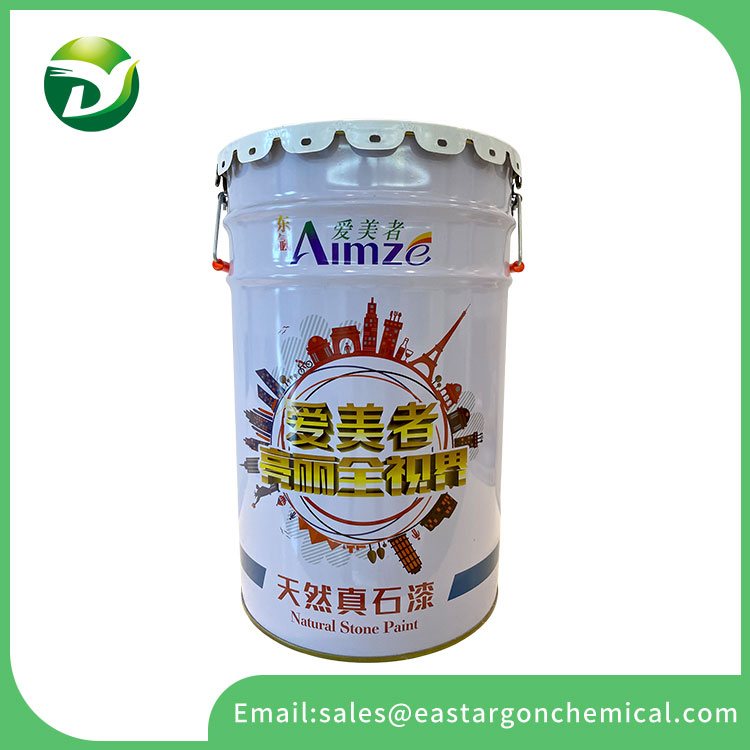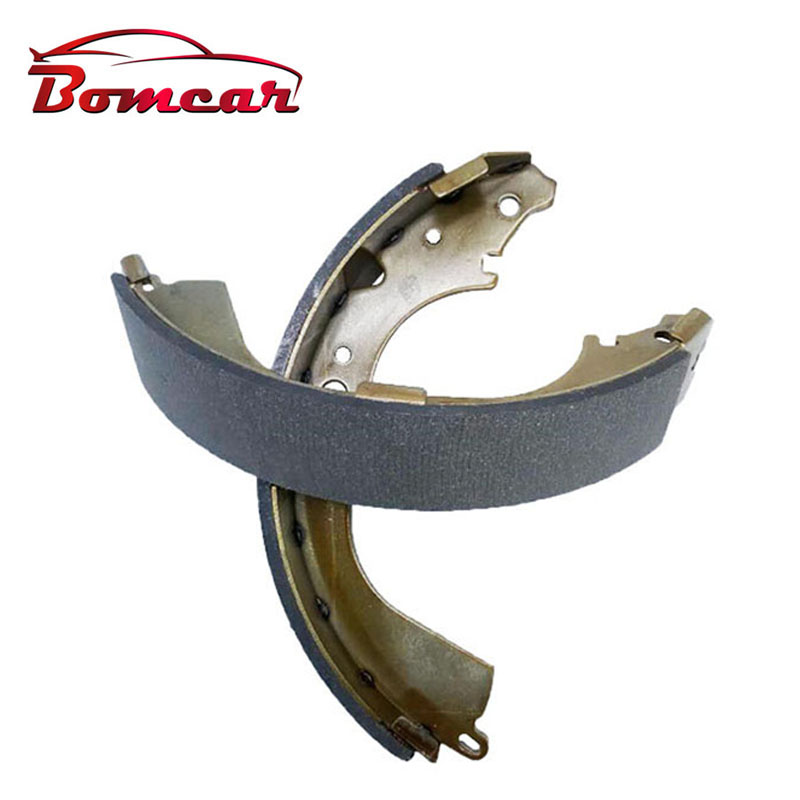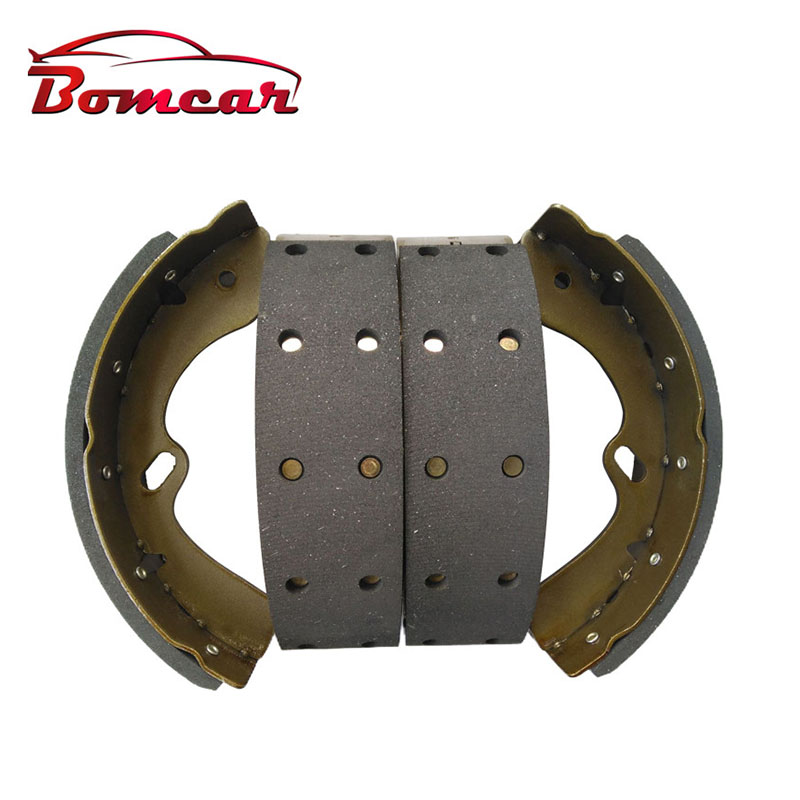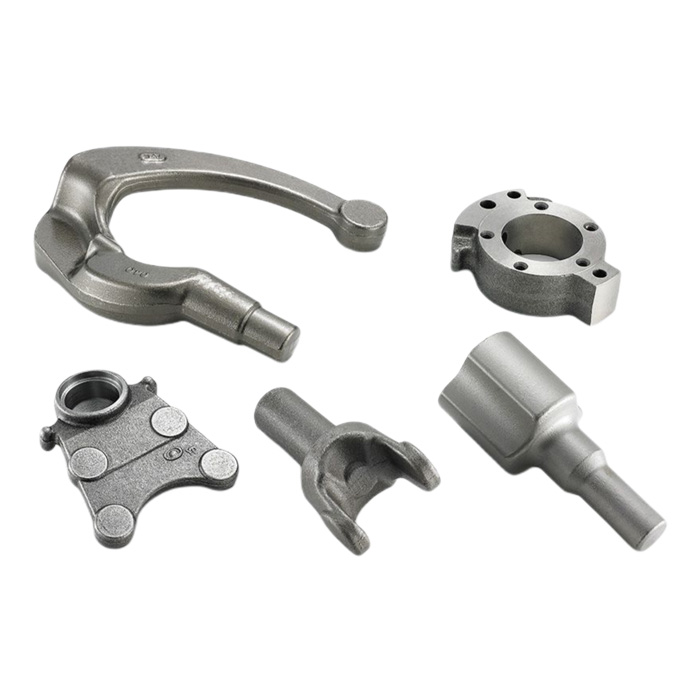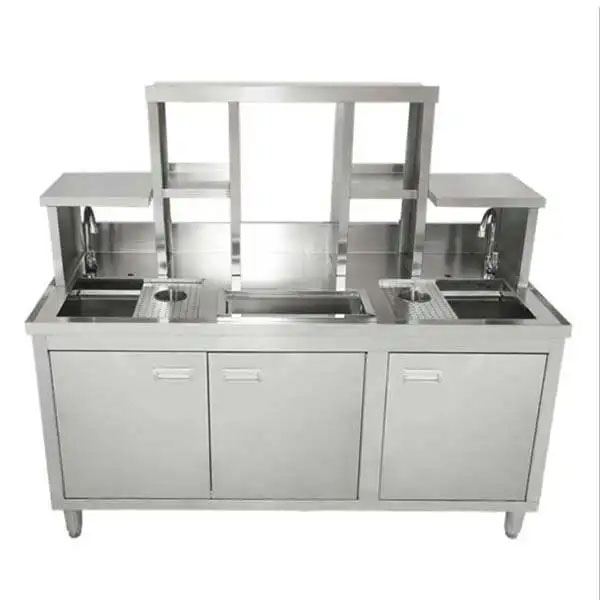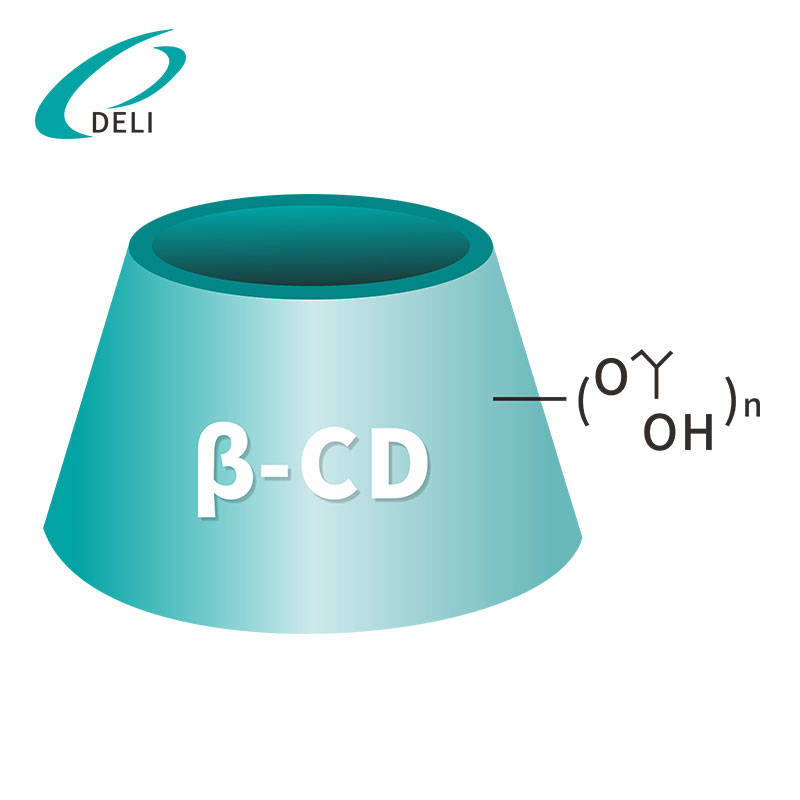Infinity Pool
The best material to build a swimming pool depends on various factors, including your budget, design preferences, location, maintenance considerations, and intended use. Here are some common materials used for building swimming pools, along with their advantages and disadvantages:Concrete (Gunite or......
Send Inquiry
Product Description
The best material to build a swimming pool depends on various factors, including your budget, design preferences, location, maintenance considerations, and intended use. Here are some common materials used for building swimming pools, along with their advantages and disadvantages:
Concrete (Gunite or Shotcrete):
- Advantages: Highly customizable in terms of shape, size, and design. Durable and long-lasting. Can accommodate various finishes such as plaster, pebble, tile, or paint.
- Disadvantages: Construction can be time-consuming. Requires periodic resurfacing or refinishing. Prone to staining, algae growth, and maintenance.
Fiberglass:
- Advantages: Quick installation compared to concrete. Smooth surface resists algae growth and staining. Requires less chemical use for maintenance.
- Disadvantages: Limited in terms of shape and size due to factory manufacturing. May have a higher upfront cost than some other options.
Vinyl-Lined:
- Advantages: Generally more affordable than concrete or fiberglass. Soft surface is comfortable for swimmers. Resists algae growth due to the non-porous nature of vinyl.
- Disadvantages: Vulnerable to tears, punctures, and fading. Lifespan of the vinyl liner is shorter compared to concrete or fiberglass. Liner replacement is required every 7-10 years.
Natural Stone or Tile:
- Advantages: Offers a luxurious and aesthetic appearance. Can be used for decorative accents, coping, and waterline tiles.
- Disadvantages: Generally more expensive than other materials. Requires regular cleaning and maintenance to prevent grout deterioration.
Prefabricated Steel or Aluminum Panels:
- Advantages: Quick installation due to modular nature. High strength and durability. Can be used for both in-ground and above-ground pools.
- Disadvantages: Limited design flexibility compared to concrete. Some maintenance required for panel joints.
**Polymer/Plastic:
- Advantages: Lightweight and easy to assemble. Resistant to corrosion and chemicals. Typically used for above-ground or semi-inground pools.
- Disadvantages: Limited durability compared to other materials. May not be suitable for larger, in-ground pools.
The choice of material also depends on whether you're building an in-ground or above-ground pool. Each material has its pros and cons, so it's important to consider your priorities, budget, maintenance capabilities, and long-term goals when making a decision. Consulting with pool construction professionals can help you choose the best material that aligns with your preferences and needs.


